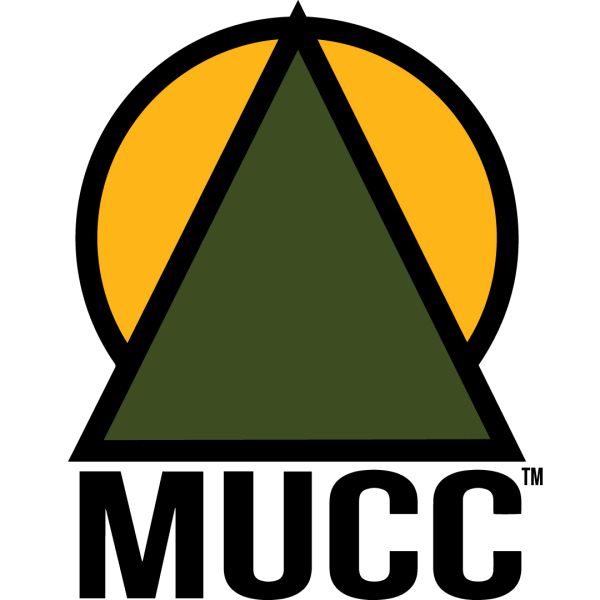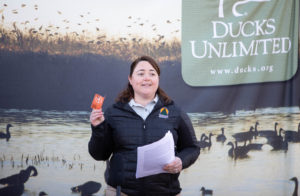Michigan’s Natural Resources Commission Has Some ‘Splainin’ to Do
By Glen Wunderlich
Charter Member Professional Outdoor Media Association (POMA)
On March 28, the nation’s largest statewide conservation organization, Michigan United Conservation Clubs (MUCC), filed a legal suit against Michigan’s Natural Resources Commission (NRC), challenging the three-month closure of the coyote hunting season. This action follows an inexplicable maneuver by the commission to revert to protecting one of the leading killers of new-born fawns – the ubiquitous coyote. Accordingly, MUCC and its members will learn just how expensive the commodity of principle can become.
At the March NRC meeting with a 4-2 vote, the commission opted to close the coyote hunting season from April 16 through July 14 annually through the adoption of Wildlife Conservation Order #1 of 2024. MUCC testified in opposition to the closure but its pleas fell on deaf ears. “The record is unambiguous: The commission has not heard or cited any scientific literature or rationale justifying the closure,” said MUCC Chief Executive Officer, Amy Trotter. “Meanwhile, there were hours of public testimony on the practical benefits of coyote hunting during the spring season, while being reinforced with cited literature.”
“The [MUCC] board voted unanimously to take this action, consistent with MUCC’s mission,” its president, Rob Miller, said. “MUCC was founded on the belief that game management decisions should be grounded in science and insulated from political and social pressures. This is a foundational issue for our organization, and we were obligated to act on behalf of Michigan’s conservationists.”
Mark Spencer, president of the Michigan Trappers and Predator Callers Association, said the idea that trappers and predator callers are behind the closure is misguided. Interestingly, the commission explained that regulation changes were considered because of stakeholder requests and subsequent feedback from the “furtaker user group”. Even if it were true, it doesn’t constitute science-based logic – a charge with which the NRC is saddled.
“The stance taken with litigation clearly shows the trappers and predator callers of Michigan are firmly united behind the principles of science-based management,” Spencer said. “Our groups present a united front to ensure our outdoor heritage is protected and grounded in science for generations to come.”
The NRC is a seven-member public body whose members are appointed by the governor to a term of four years and subject to the advice and consent of the Michigan Senate. Overwhelming voter support resulted in the adoption of Proposal G in November 1996, which vests exclusive authority in the NRC to regulate the taking of game.
The two sides will now lock horns. However, one over-arching element is even more important than merely changing rules and it is the issue of acceptance by those that hunt. A case in point relates to Wisconsin’s failed Earn-a-Buck regulation that required hunters to take a doe before being allowed to take a buck during its deer season. Even with science behind the regulation, hunters screamed and kicked enough that the rule was overturned.
Specifically, if anyone thinks that hunters in our Upper Peninsula will understand and cooperate, doesn’t know much about Yoopers, either.




